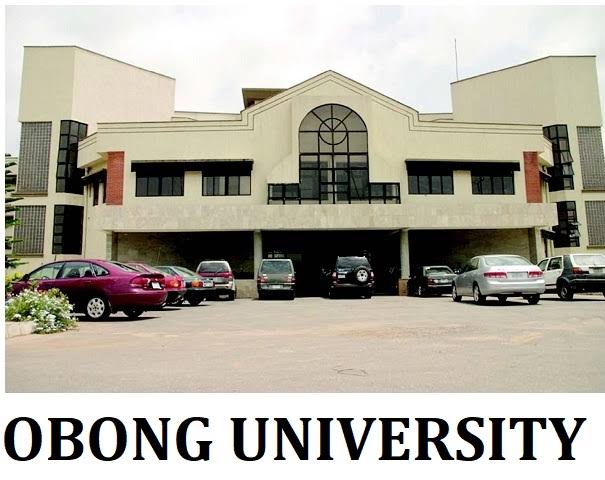Obong University Dress Code, Hostel Fees
Obong University is a private university in Ghana that was established in 2002. The university has a strict dress code and hostel fees that all students must adhere to.
Dress Code
The Obong University dress code is designed to promote a professional and respectful atmosphere on campus. Students are required to wear neat and tidy clothing at all times. The specific dress code requirements vary depending on the student’s gender and the occasion.
For male students:
- Trousers or shorts must be of a standard length and fit properly.
- Shirts must be tucked in at all times.
- No tank tops, sleeveless shirts, or t-shirts with offensive language or images are allowed.
- Shoes must be closed-toed and in good condition.
For female students:
- Skirts or dresses must be of a standard length and fit properly.
- Blouses must be tucked in at all times.
- No tank tops, sleeveless shirts, or t-shirts with offensive language or images are allowed.
- Shoes must be closed-toed and in good condition.
Hostel Fees
The hostel fees at Obong University vary depending on the type of accommodation you choose. The most basic accommodation option is a shared room, which costs around $500 per semester. More luxurious options, such as single rooms or en suite rooms, are available for a higher price.
Payment of Hostel Fees
Hostel fees must be paid in full at the beginning of each semester. If you are unable to pay the full amount, you may be able to apply for a payment plan.
FAQ About Obong University Dress Code and Hostel Fees
What are the consequences for violating the dress code?
Students who violate the dress code may be subject to disciplinary action, which could include a warning, a fine, or suspension.
What are the hostel fees for international students?
The hostel fees for international students are the same as the hostel fees for Ghanaian students.
Are there any exceptions to the dress code?
There are some exceptions to the dress code, such as for religious reasons or for sporting events. However, these exceptions must be approved by the university administration.












